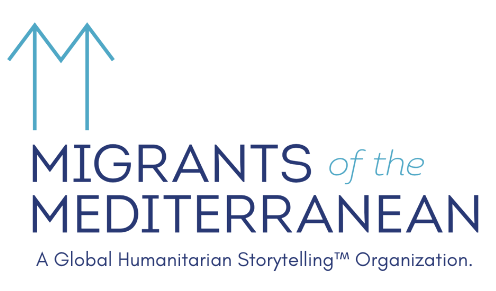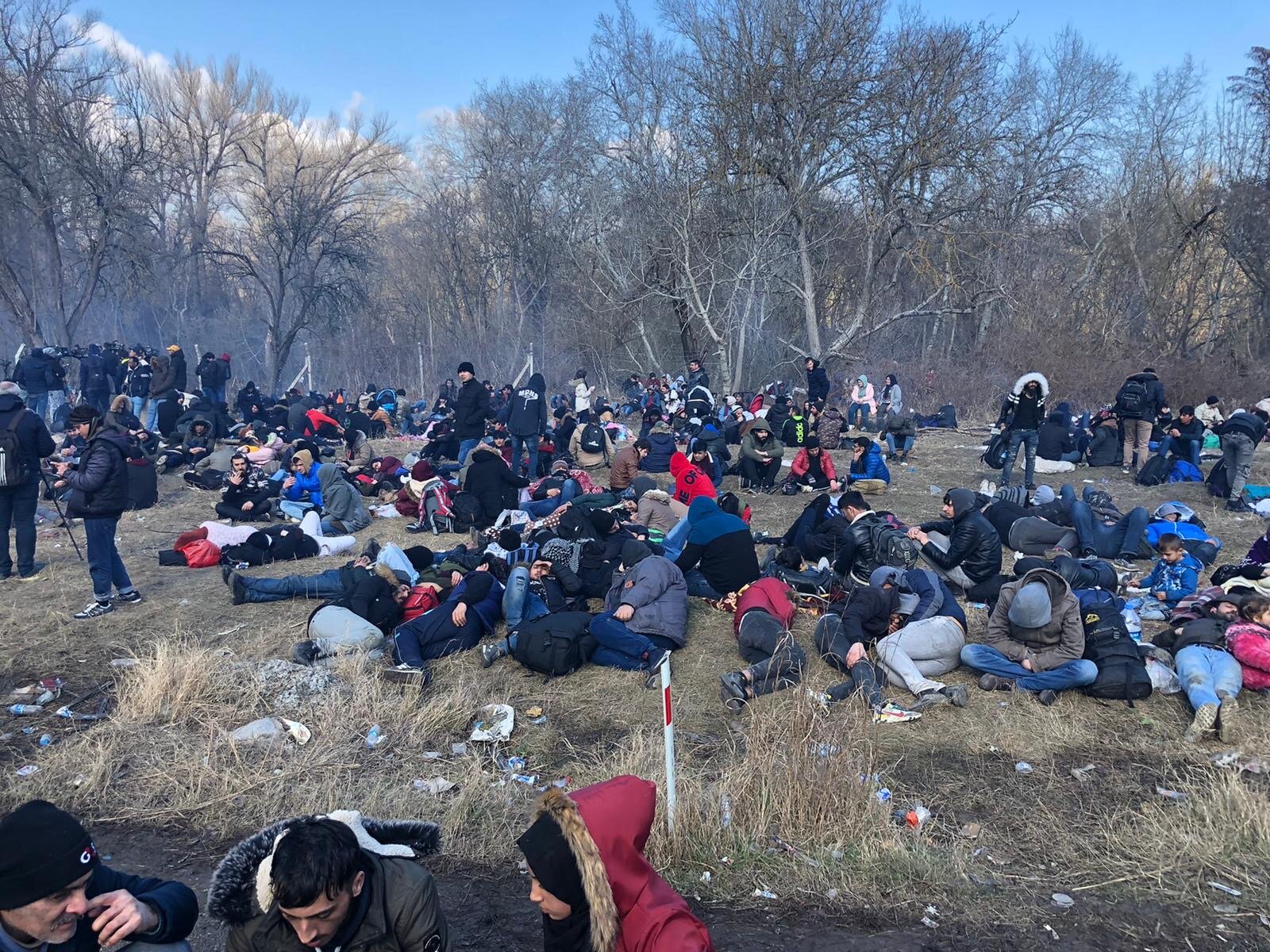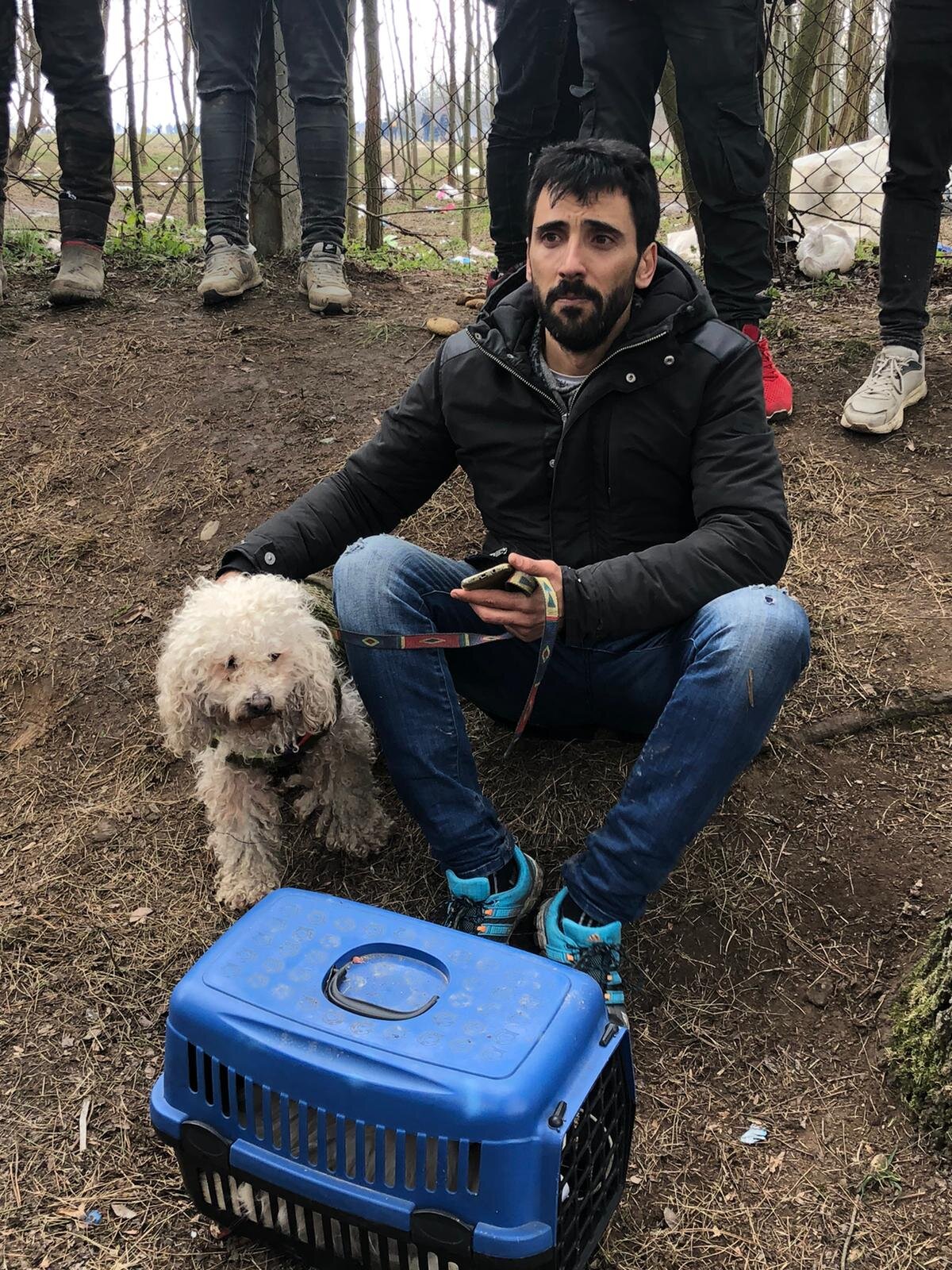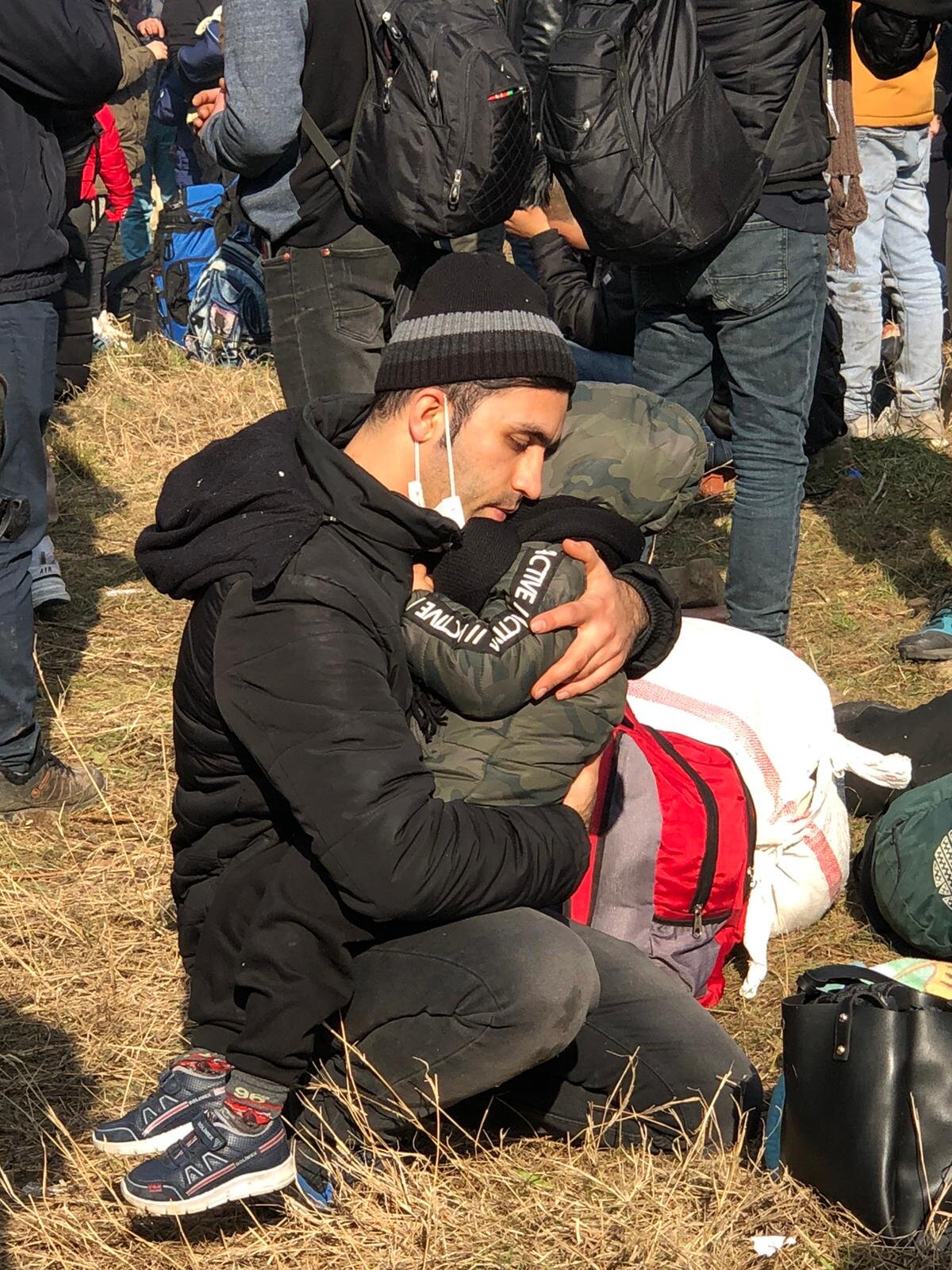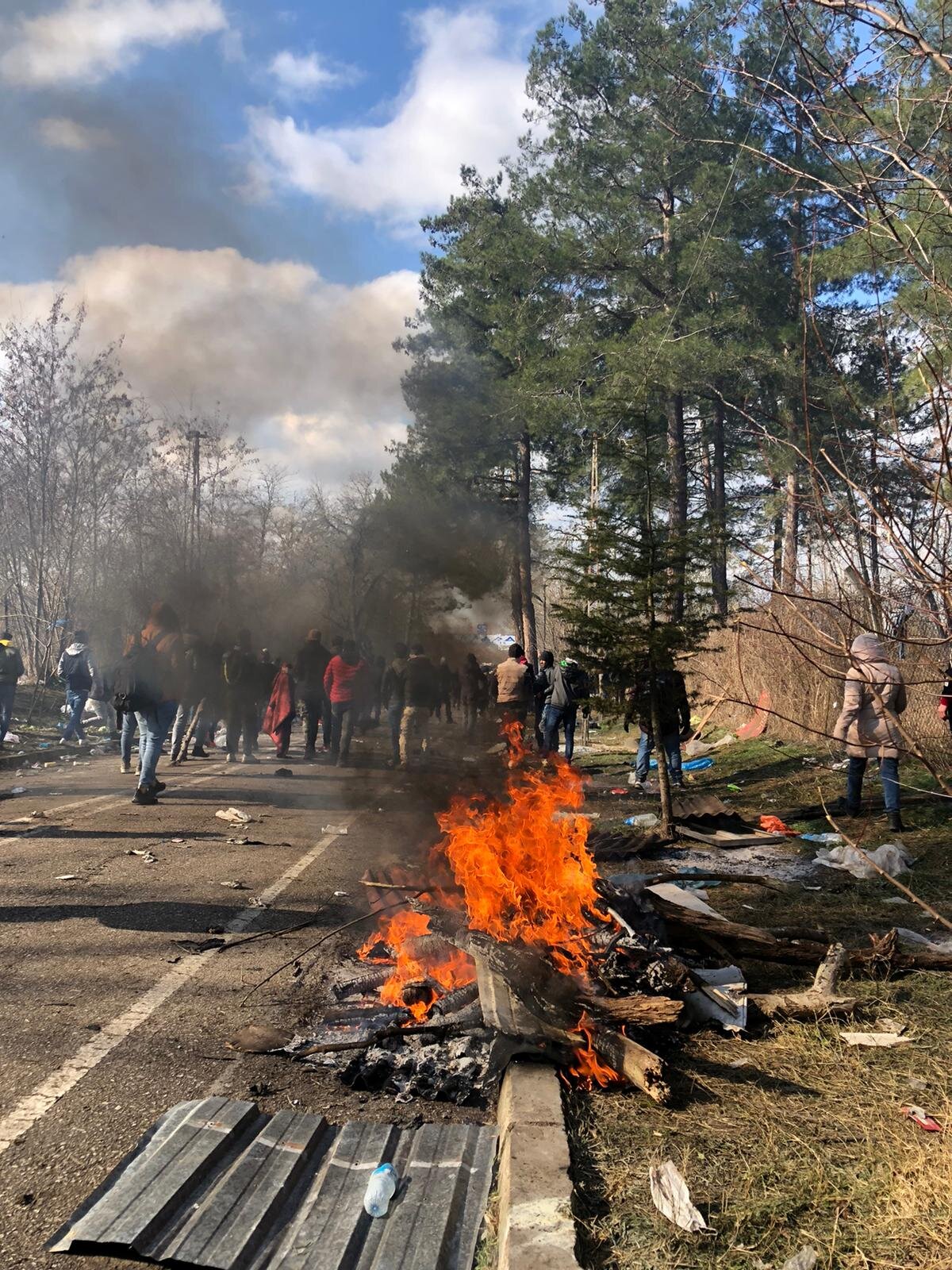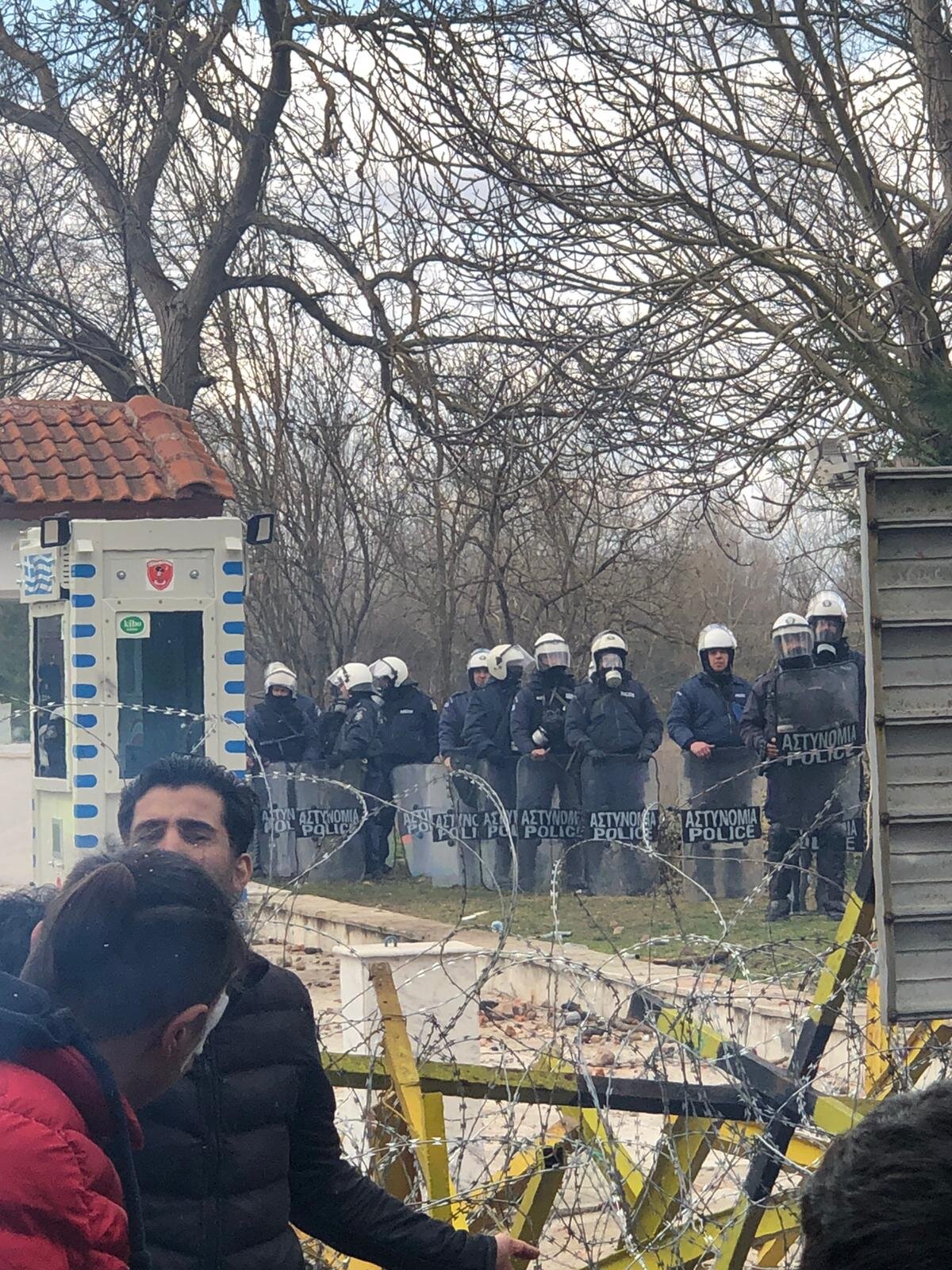MotM Op-Ed
Tears At The Turkish Border
by Nevin Sungur
Special to Migrants of the Mediterranean
2 April 2020
Disenfranchised refugees gathered desperately at Turkey’s land border with Greece in late February 2020, which feels like years ago from where we are today.
The humanitarian crisis was the top story then across international media and in political circles, as well as in public discussion until the coronavirus pandemic so quickly turned the world upside down, rattling the lives of billions worldwide.
Each news bulletin in every country now starts and ends with the horrifying stories, the numbers of the cases and the rising death toll the virus has wrought, and it has also rendered much else in the news cycle irrelevant, including the humanitarian crisis that began in February.
It was February 28, 2020 precisely when the Turkish government announced it would no longer block refugees from reaching Europe, and even transported hundreds of people to the border at Turkey and Greece.
Media channels live-streamed the surge of people that encouraged more to follow.
I was there to report on behalf of a Swiss television station, a frequent collaborator I have as a freelance journalist. War zones and places of conflict are not new to me. They are places I have been many times over in the course of my career.
My encounter, then, at the Turkish border last month was something I am equipped to confront. In cooler terms you might call this business-as-usual, although violence and human trauma never is.
This time was different.
Hundreds of people gathered at the fence. Women, men, children and babies. They were Iranian, Afghani, Syrian, Iraqi, and from parts of Africa. People came in wheelchairs. Elderly people struggled to keep up. What they all had in common was their hopelessness and broken hearts. And their fear.
They appeared as a future destroyed.
All traveled from different parts of Turkey, but most were from Istanbul. They came from Istanbul, because free buses and shuttles were provided from the city from select municipalities and the Migration Office. It was likely an order that came from the top of Turkish government.
“War zones and places of conflict
are not new to me....This time was different.”
They all came with the hope of finally going to the EU, where they could have a better future for themselves and more importantly for their children. But things did not go as they planned. In reaction, Greece announced they would not open their gates. Instead, their security measures were strengthened and the invisible walls of Europe became more fortified.
Dozens of Greek security officers and soldiers fired canisters of tear gas. Babies and children inhaled it as the canisters fell to the frozen ground. I watched them suffer and choke. Riot police officers with batons, shields and masks confronted the dense crowd of people––fleeing refugees, our most vulnerable––through the wire fence and scolded them to stop.
Some people climbed tree branches to escape. They pushed through thick loops of barbed wired placed on the ground by the Greek Army. People threw stones, cheered, booed and screamed to be let through. Nothing helped, nothing changed the situation.
These were angry, tired and devastated people, and they were being used by Turkish President Erdogan to put pressure on the EU. For that, they ended up stuck in between borders with nowhere safe to go.
It was freezing cold. At night, numbing.
Babies and children cried, men and women were desperate with tears in their eyes. Being helpless is the way of a refugee, they said. Some sold everything they owned to get to this point and now they had nowhere to go.
I met Ahmed as he ran from the gas. Greek security forces threw it at him and his dog and cat––he was escaping with them both. Sophie, and his cat Shaqip. Those are their names.
“They are like my children, I could not leave them behind” he said, as I watched in disbelief that something so commonly domestic, something you only associate with the stability of home, had also come to be an element of this shattered environment.
Ahmed came from Syria two years ago and had been unsuccessful at crossing the border. His wife had left four months before at the hand of smugglers and had made it to the other side. She was waiting for him in Greece.
“...for the first time in my professional life
while reporting I cried.”
When he heard about the border opening, he took the first bus there, hoping this time they would reunite. Reuniting was all he thought about. He was ready to do whatever it took to be with her again.
At nightfall, people gathered around fires to stay alive.
Aysha and Muhammed with their nine-month-old son, Ali, who was quietly sleeping in Aysha’s arms, came from Syria too. Muhammed looked for dry tree branches for the fire while she and I spoke. She was weary and worried about the fate of her son.
“How can we stay here in this freezing cold? I am so scared that something is going to happen to my baby,” said Aysha and started weeping.
They did not have much money left and didn’t know what laid ahead. She asked why they had to go through so much pain and why nobody cared about it. I did not have an answer, and for the first time in my professional life while reporting I cried.
I could not stop my tears.
I knew that I was there to cover the border incident. I would record the story. And I would leave. This is my privilege, to be able to leave. But there is remorse in leaving people behind in a horror which they don’t deserve either.
Waiting was their option. So they kept waiting, without knowing what would come next. They just waited and hoped for a miracle. They waited for days. Nothing happened.
Some tried to cross the Evros river. They were stopped, beaten up and thrown into the ice-cold water by Greek security forces. Some were forcefully put onto buses by Turkish police to be sent back to wherever they came from.
In the end, Turkish officials decided to close the borders after the EU and Turkish president Erdoğan agreed to work on a new European plan to assist Turkey with its four million Syrian refugees.
All of that fire. It was just Turkey’s smoke signal to the EU that left a burn on humanity.
There was nothing worse than witnessing people being used by political forces both in Turkey and in Europe for their own goals. Erdoğan wanted the EU to do more about Syrian refugees inside Turkey, as well as at the Turkish-Syrian border in Idlib.
He effectively weaponized refugees in Turkey to put pressure on political adversaries. He knew full well Greece had no intention to open its borders. The EU, for its part, may have refused the blackmail tactics of the Turkish president, but in doing so denied extraordinarily vulnerable refugees the right to seek asylum.
Humanity, in short, was denied on either side.
It has been just over a month since I met Ahmed, Aysha and Muhammed and witnessed the agony of so many others. I don’t know where they are now. I wonder if anyone cares about what they are doing and what kind of suffering they likely still endure, even in the face of the coronavirus that is taking so many from us.
I know though that compassion toward one group’s suffering does not take away our ability to offer compassion toward another.
The health and safety of our immediate selves and our families are paramount of course, and we must address that. But life will go on for most of us in lockdown or quarantine. This health crisis will change us forever, but it will also pass.
Instead, history will remember how we behaved under pressure, it will ask if we did our best for humanity at a time that called upon us to do just that.
And yet, the refugee community, whose circumstances continue to worsen and who have already been living in fear for years, have been the first to be ignored and forgotten.
And for that, my tears have still not stopped.
Nevin Sungur is an Istanbul-based Turkish journalist who has worked as a war correspondent and reporter for Turkish news channel NTV until 2008. Since, she has worked as a freelance journalist and producer for Swiss SRF, BBC and Deutsche Welle, among others. She is married with four cats and three dogs.
